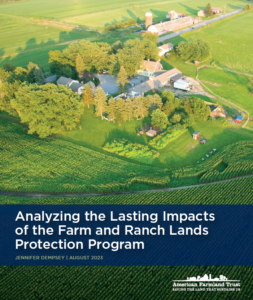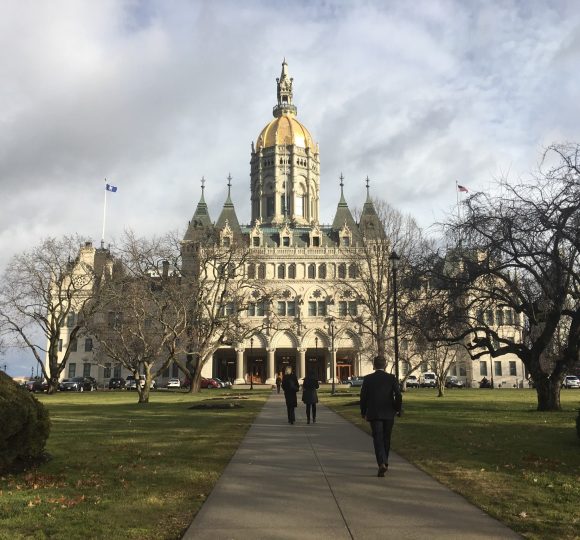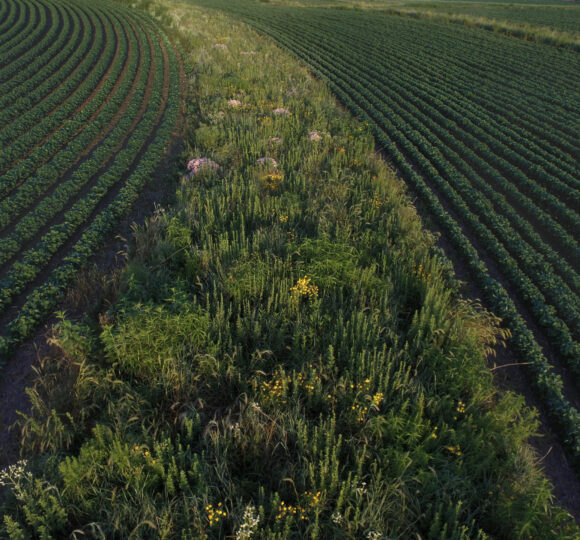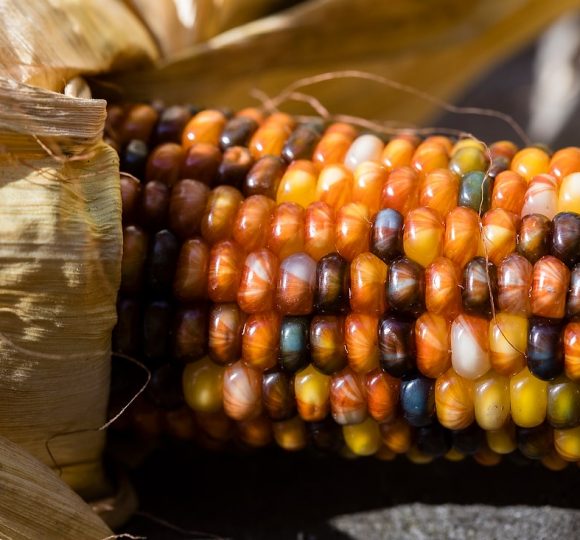In 2020, American Farmland Trust (AFT) initiated a multi-year effort to evaluate the federal Farm and Ranch Lands Protection Program (FRPP) effectiveness and outcomes. AFT partnered with researchers from the Natural Resources Social Science Lab at Purdue University (NRSS Lab) to design and administer a mail survey and to conduct landowner interviews. This work builds off previous research by AFT in partnership with J. Dixon Esseks at the University of Nebraska. Like the previous studies, the research assesses whether the program is achieving its statutory purpose and delivering additional benefits. It also collects information about program participants: their path to ownership of protected land, demographic information, and the location of FRPP projects. Further, the evaluation investigates landowner motivations and satisfaction with FRPP. Surveying FRPP owners over time highlights differences between first-generation owners—those who originally sold agricultural conservation easements and second-generation owners—landowners who inherited or purchased protected land.
The FRPP was a voluntary conservation program that provided matching funds to state and local governments, land trusts, and tribes for the purchase of permanent conservation easements to protect agricultural land from development. The USDA Natural Resources Conservation Service (NRCS) administered the FRPP from 1996 to 2014. FRPP was superseded by the Agricultural Lands Easement component of the Agricultural Conservation Easement Program (ACEP-ALE) in the 2014 Farm Bill.
Findings from this study can inform ACEP-ALE implementation and help make the case for public investments in farmland protection.






